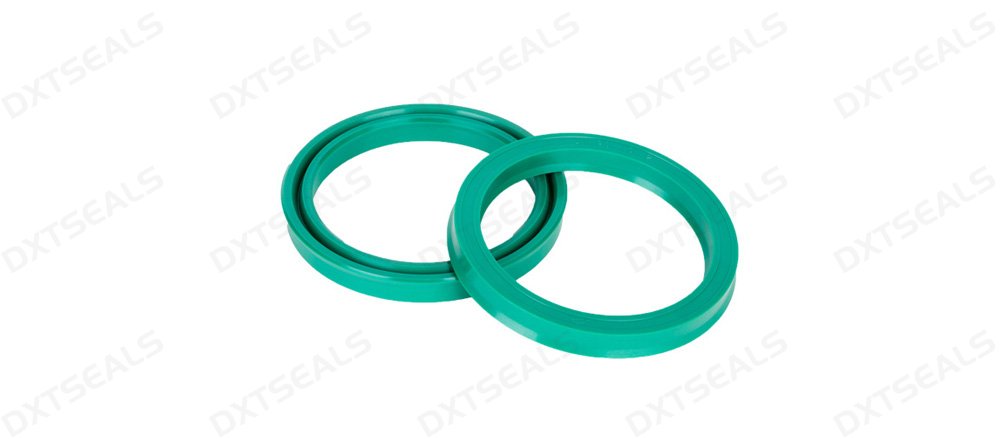
Plastic washers are vital components in industrial systems, particularly in environments that involve harsh chemicals. Their exceptional chemical resistance and lightweight characteristics make them ideal for sealing and securing applications in industrial pipelines. This article highlights the key properties of plastic washers, their chemical resistance, and their applications in industrial pipelines.
Why Are Plastic Washers Chemically Resistant?
Plastic washers are designed to withstand exposure to various chemicals without degrading. This resistance is due to the intrinsic properties of the materials used in their production, such as:
1. Material Composition
The type of plastic used in a washer determines its resistance to specific chemicals. Common materials include:
- PTFE (Polytetrafluoroethylene): Known for its outstanding resistance to acids, bases, and solvents, making it suitable for highly corrosive environments.
- PVC (Polyvinyl Chloride): Offers excellent resistance to acids and alkalis, commonly used in low-pressure applications.
- HDPE (High-Density Polyethylene): Resistant to many chemicals, including strong acids and bases, with high durability.
- Nylon: Provides moderate resistance to oils and hydrocarbons, ideal for less aggressive chemical environments.
2. Non-Reactive Surfaces
Plastic washers often have non-porous and non-reactive surfaces, preventing chemical absorption and degradation.
3. Temperature Tolerance
Certain plastics, such as PTFE and PEEK, maintain their chemical resistance even in high-temperature environments, ensuring consistent performance in industrial pipelines.
Advantages of Plastic Washers in Industrial Pipelines
Plastic washers offer numerous benefits in industrial pipeline systems, including:
1. Superior Corrosion Resistance
Unlike metal washers, plastic washers do not corrode or rust, even when exposed to aggressive chemicals over time.
2. Lightweight Design
The lightweight nature of plastic reduces the overall weight of pipeline assemblies, facilitating easier installation and maintenance.
3. Low Water Absorption
Many plastic washers have minimal water absorption, ensuring they maintain their structural integrity in wet or humid environments.
4. Cost-Effectiveness
Plastic washers are generally more affordable than corrosion-resistant metal alternatives, offering a cost-effective solution for chemical resistance.
5. Flexibility
Plastic washers can be manufactured in various shapes, sizes, and thicknesses to meet specific pipeline requirements.
Applications of Plastic Washers in Industrial Pipelines
Plastic washers are widely used in industrial pipeline systems due to their ability to resist chemical attack and maintain a reliable seal. Common applications include:
1. Chemical Processing Plants
Plastic washers are used in pipelines that transport aggressive chemicals, such as acids, alkalis, and solvents.
2. Water Treatment Facilities
They are employed in pipelines for water filtration and purification systems, where exposure to chlorine and other chemicals is common.
3. Food and Beverage Industry
FDA-compliant plastic washers, such as those made from PTFE, are used in pipelines to ensure safe transportation of liquids and prevent contamination.
4. Pharmaceutical Industry
Plastic washers are critical in pipelines for transporting reactive chemicals and solutions, maintaining sterility and preventing corrosion.
5. Petrochemical Sector
They are used in pipelines carrying hydrocarbons and other chemical compounds, where metal washers may fail due to corrosion.
Factors to Consider When Choosing Plastic Washers for Industrial Pipelines
Selecting the right plastic washer for pipeline applications involves considering the following factors:
1. Chemical Compatibility
Ensure the material is resistant to the specific chemicals in the pipeline system. For instance, PTFE is ideal for highly corrosive environments, while PVC works well for less aggressive chemicals.
2. Operating Temperature
Choose a material that can withstand the temperature range of the application.
3. Pressure Resistance
The washer should handle the pressure levels in the pipeline without deforming or failing.
4. Compliance with Industry Standards
For applications in the food, beverage, or pharmaceutical industries, ensure the washers meet regulatory standards for safety and hygiene.
5. Customization Options
Custom-made plastic washers can be tailored to specific pipeline dimensions and requirements.
Maintenance Tips for Plastic Washers in Industrial Pipelines
To maximize the lifespan and effectiveness of plastic washers in pipelines:
- Regularly inspect washers for signs of wear, deformation, or chemical attack.
- Ensure proper installation to avoid over-tightening, which could damage the washer.
- Replace washers periodically, especially in high-stress or highly corrosive environments.
Conclusion
Plastic washers have revolutionized industrial pipeline systems with their exceptional chemical resistance, lightweight properties, and cost-effectiveness. Whether in chemical processing, water treatment, or the food and beverage industry, plastic washers provide reliable sealing and protection against corrosion.
By selecting the right material and design for specific pipeline applications, businesses can enhance system performance, reduce maintenance costs, and ensure long-term reliability. For specialized needs, manufacturers offer customizable solutions, ensuring that every pipeline system can benefit from the advantages of plastic washers.
